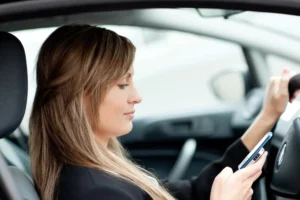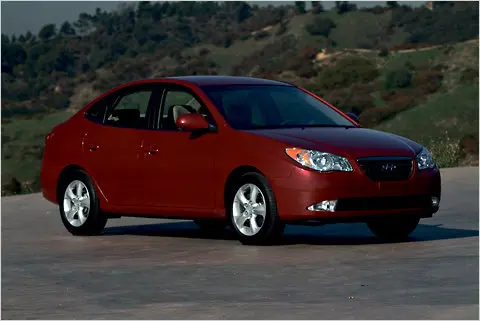Facts About Texting While Driving~2 min read

Distracted driving involves driving a motor vehicle while engaged in another activity like eating, smoking or talking on a cell phone. The attorneys at Springer and Lyle have represented many victims of distracted driving crashes, and they’re well aware of the fact that texting while driving is the most dangerous form of distracted driving.
According to the National Highway Transportation Safety Administration (NHTSA), 3,154 people were killed in distracted driving car and truck accidents in 2013, and 424,000 others were injured. Driving a car involves use of your visual, manual and cognitive senses. Texting when driving involves those three senses too, so if you’re texting and driving, your driving skills are dangerously diminished. Your eyes will be taken off the road for at least five seconds. If you’re traveling at 55 miles per hour, that means you’re driving the length of a football field without even looking at the road. Because of the major distractions involved, texting while driving makes you 23 times more likely to get into a crash. Texting while driving is so dangerous that 39 states plus the District of Columbia have made it illegal.
NHTSA statistics show that car crashes and truck crashes are the leading cause of death for people between the ages of 15 and 20. At Springer & Lyle, we’re parents ourselves. While we devote ourselves to the awareness and prevention of texting while driving crashes, Springer & Lyle is also dedicated to advocating for the rights of innocent victims of texting while driving. By representing those clients and their families, we’re able to educate the public at large and increase overall awareness of the frightening dangers of texting while driving.
If you or a member of your family has been a victim of a texting while driving or distracted driving accident anywhere in Texas, call Springer & Lyle for help at 940-387-0404. One of our knowledgeable and experienced personal injury attorneys will discuss your case with you and provide you with a free consultation and case evaluation. Distracted drivers need to be held accountable for placing their own selfish priorities above those of other people who have the right to safely use our roads.






